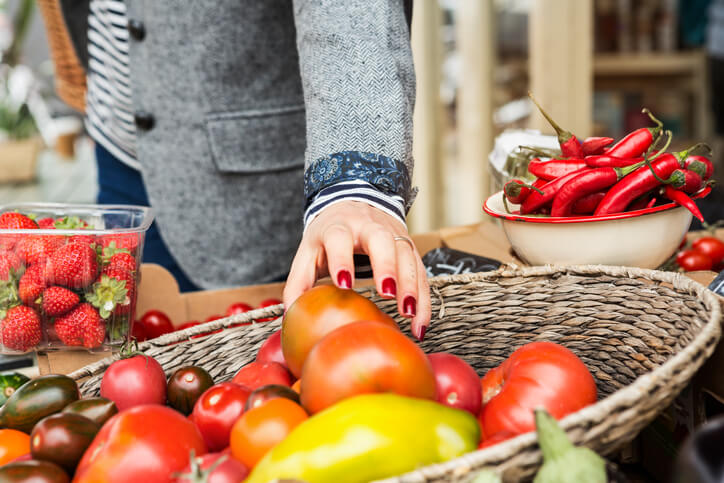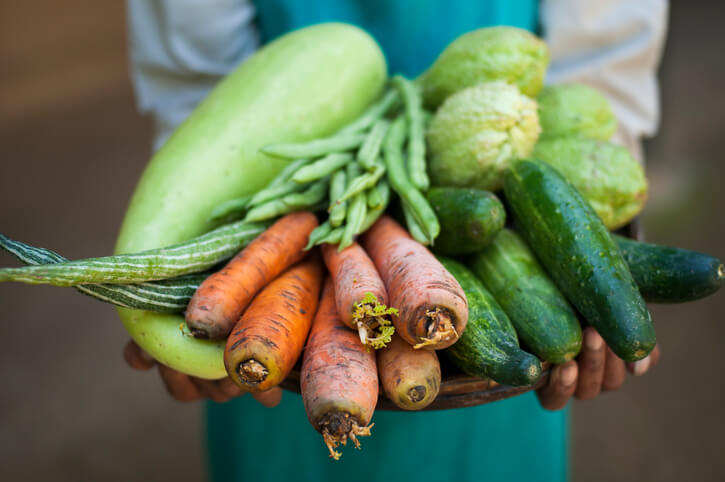From the promotion signs to how hungry we are – our shopping habits can have an impact on how much food waste we produce.
Often we buy more food than we need when we go shopping. The more we buy, the more there is a chance that it will be wasted. Bad for our pockets, and even worse for the environment. Click here to calculate the average amount of money you lose due to food wastage.
Our Respect Food programme is all about making that difference. From saving your money to saving the environment, every bit of food that is kept from wasting is helpful. We want to show you simple ways through which you can make a difference, so you can do your part in reducing food waste.
The average household in the UK wastes £700 a year on over-buying food that goes ends up as waste. Add up all the food wasted globally, and we’re wasting over $1trillion worth of food each year. Stores and supermarkets use clever ways to make us buy more food than we need. Read these 7 tricks you can use to get around that.
1. Look for longer use-by dates
Supermarkets tend to put things with longer use-by dates towards the back of the shelf. Particularly in fridge items and bakery items, always reach for the back so you can make the most out of what you buy.
2. Don’t shop hungry
Psychologists have found that you’re more likely to impulse buy and spend more when you go shopping on an empty stomach. Avoid racking up unnecessary bills and food which will most likely go to waste by eating something before you shop.



